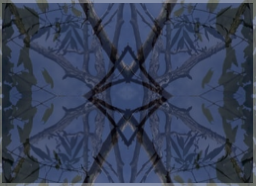
I have written occasionally about mysticism, and mentioned that Jung is best understood as doing something like mystically inspired philosophy. This is not meant as criticism: both mysticism and philosophy are age-old, and very necessary human activities. There is a danger, however, when they get misleadingly framed as something else — as Jung often does, when he tries to make what he’s doing...








